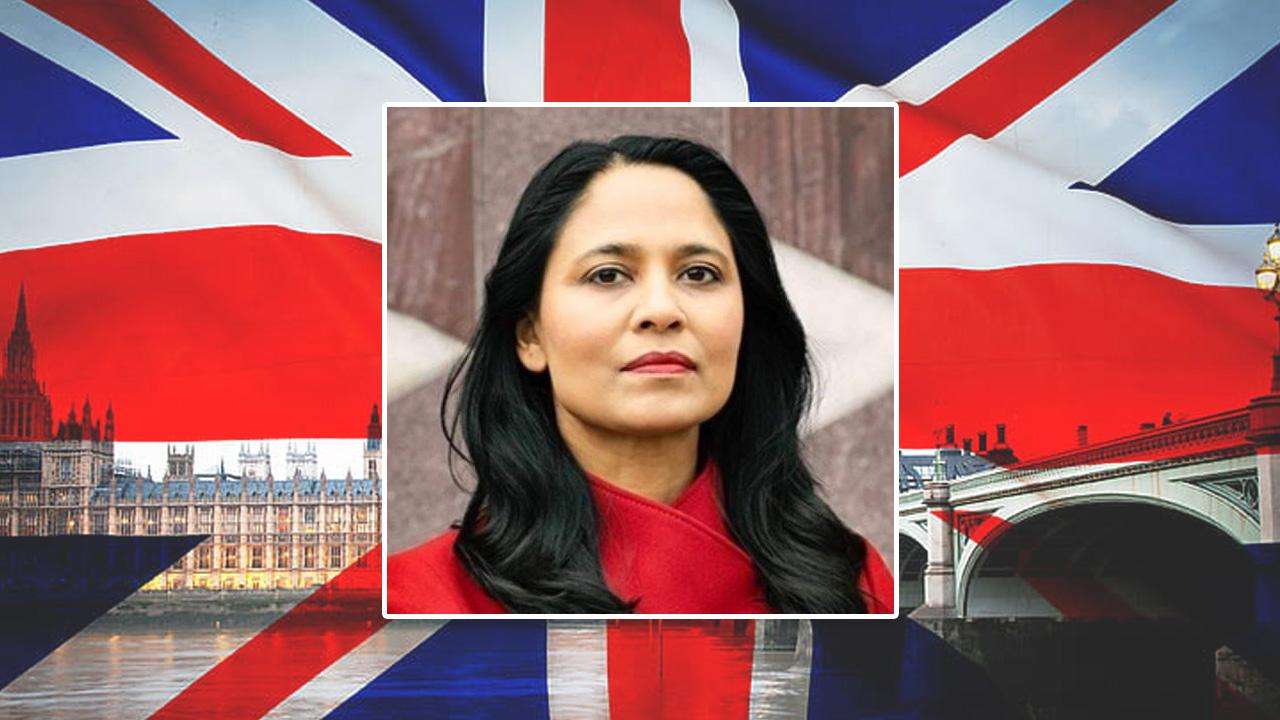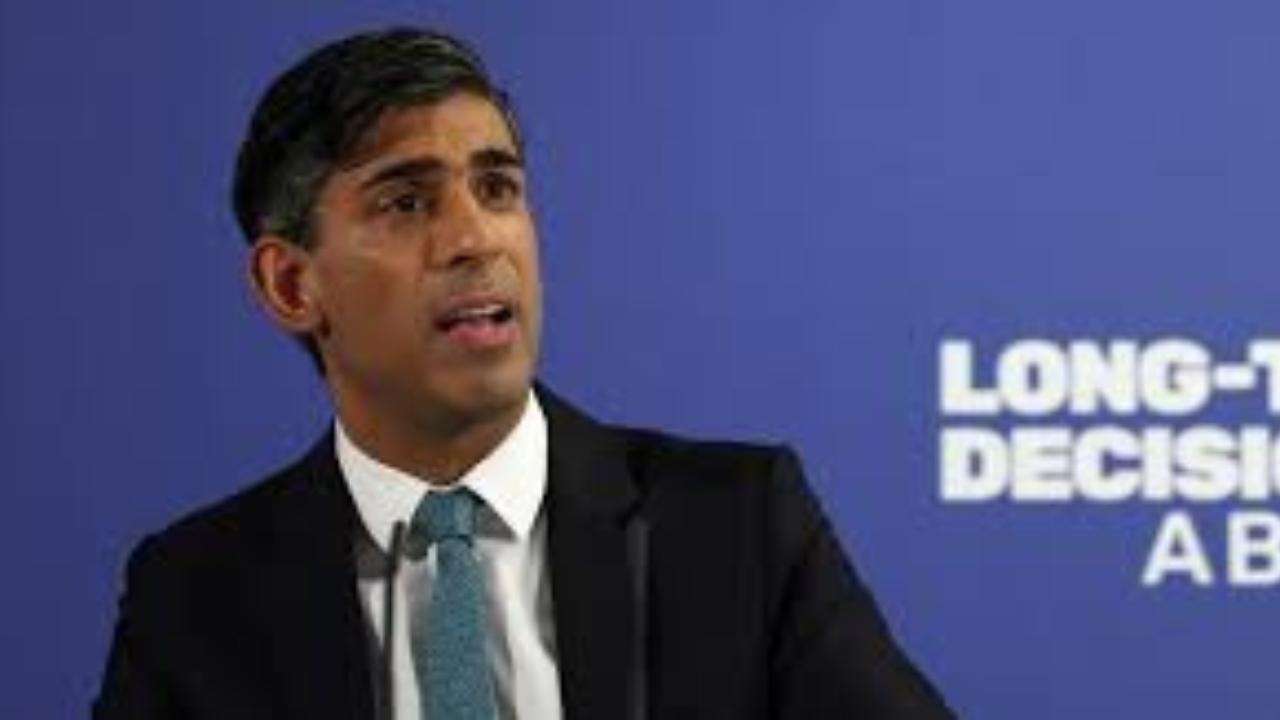There are a record amount of ministers with state education in the incoming Labour government.
A study by The Sutton Trust found that, of the 25 cabinet members, only one attended grammar or private school, and that 92% attended comprehensive school.
By comparison, in the cabinets of Rishi Sunak and Liz Truss just 19% of ministers were state educated.
About 6% of children in the UK go to private school, meaning this cabinet closely reflects the educational experiences of the general public.
But that starts to diverge when you look at higher education, with 40% of cabinet ministers having studied at Oxbridge, compared to less than 1% of the UK population.
DD News looks at the educational background of each of Sir Keir Starmer's new top team.
Sir Keir Starmer, prime minister
School type: Grammar
Sir Keir studied law at the University of Leeds before gaining his postgraduate degree at Oxford.
His school was a selective state school when he joined and his place was state-funded throughout his time there, but became a private school two years into his time there.
Angela Rayner, deputy prime minister and levelling up secretary
School type: Comprehensive
Ms Rayner did not go to university. She left school at 16 with no qualifications when she was pregnant with her first son.
After giving birth, Ms Rayner went to college part-time, studying British sign language and social care.
Rachel Reeves, chancellor
School type: Comprehensive
She read philosophy, politics and economics (PPE) at the University of Oxford before gaining a master's in economics from the London School of Economics (LSE).
Ms Reeves was educated at an all-girls comprehensive school in Beckenham, south London, which she said "really believed" in her and "gave me everything I needed to get on".
She described herself as "swot", revealing she did SATs exams in her free time after her school boycotted them.
Pat McFadden, Chancellor of the Duchy of Lancaster
School type: Comprehensive
Mr McFadden studied politics at Edinburgh University.
David Lammy, foreign secretary
School type: Comprehensive
Mr Lammy studied law at SOAS and later became the first black Briton to attend Harvard Law School, where he gained a master of laws degree.
He has condemned Oxford University for not accepting enough black and ethnic minority students.
Yvette Cooper, home secretary
School type: Comprehensive
Ms Cooper read PPE at Oxford University and was then awarded a Kennedy Scholarship to study at Harvard University.
She finished her studies with a master's in economics at LSE.
John Healey, defence secretary
School type: Comprehensive; independent sixth form college
Mr Healey was mostly educated at a comprehensive but went to a private school for his last two years.
He then studied social and political science at the University of Cambridge.
Shabana Mahmood, justice secretary
School type: Comprehensive; grammar for sixth form college
Ms Mahmood failed the 11-plus exam that would have granted her a place at grammar school, instead attending the local comprehensive.
But she has said she remained a "full-blown geek", and she went to a grammar school after GCSEs.
She studied law at the University of Oxford.
Wes Streeting, health secretary
School type: Comprehensive
Mr Streeting studied history at Cambridge University.
Bridget Phillipson, education secretary
School type: Comprehensive
Ms Phillipson's family grew up in a council house, and she has described being "bullied at school" because "parents didn't want their children mixing with people like me".
She went to drama school on the weekends, which landed her a role as an extra in the TV series Byker Grove.
She studied modern history at the University of Oxford, where she became co-chair of the university Labour club.
Ed Miliband, energy secretary
School type: Comprehensive
Mr Miliband read PPE at University of Oxford and then gained a master's in economics at LSE.

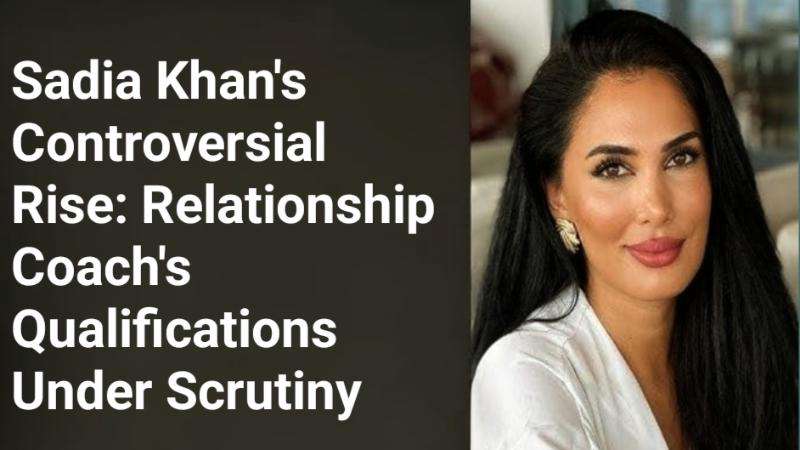
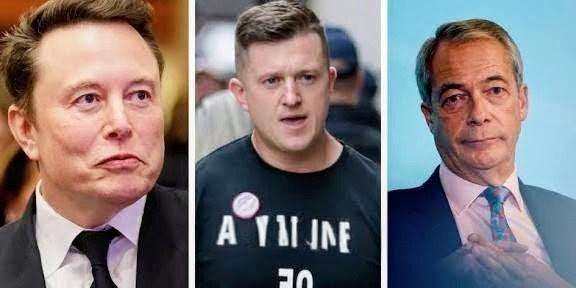
_2.jpg)
_1.jpg)


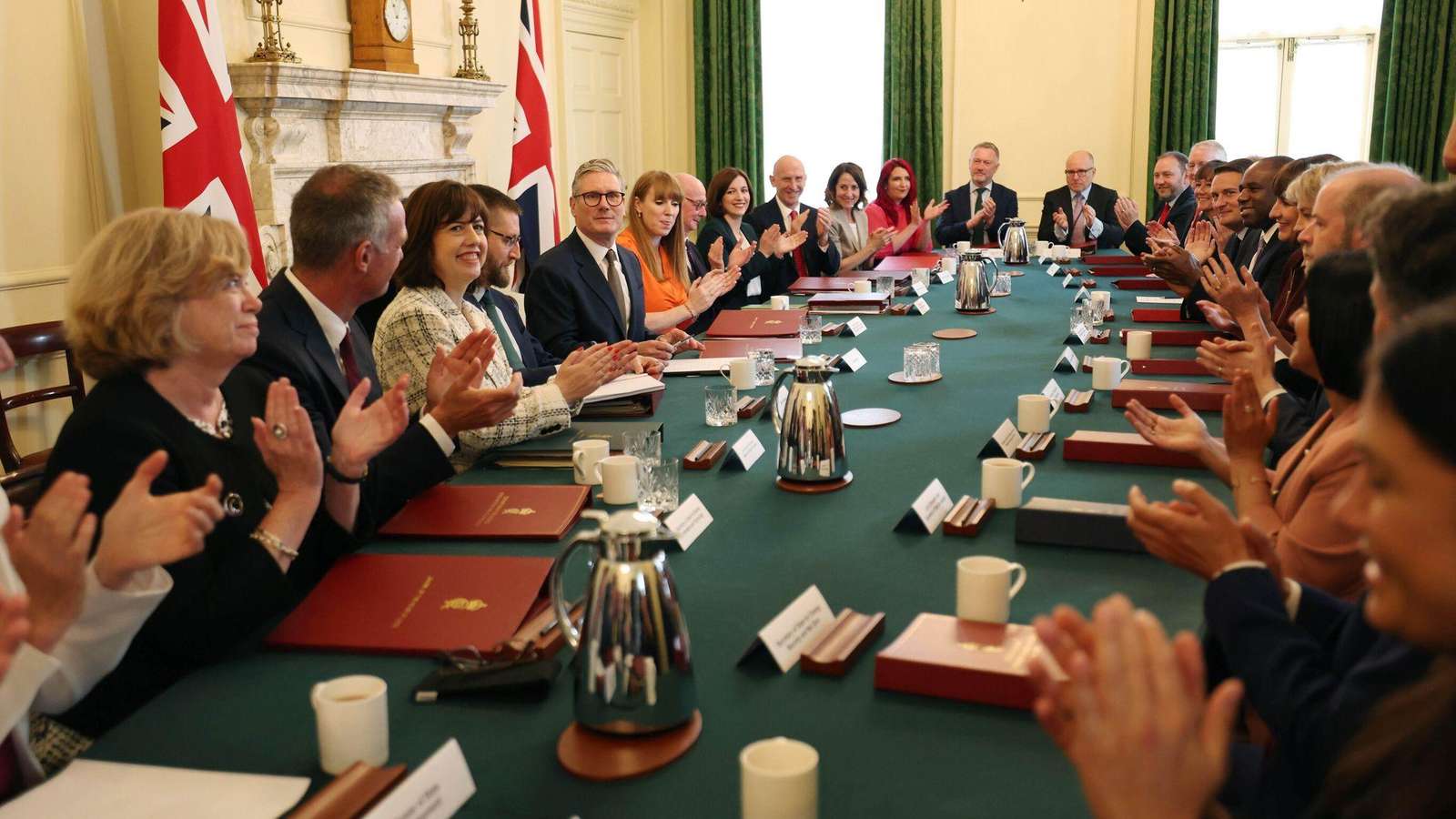
.svg)

